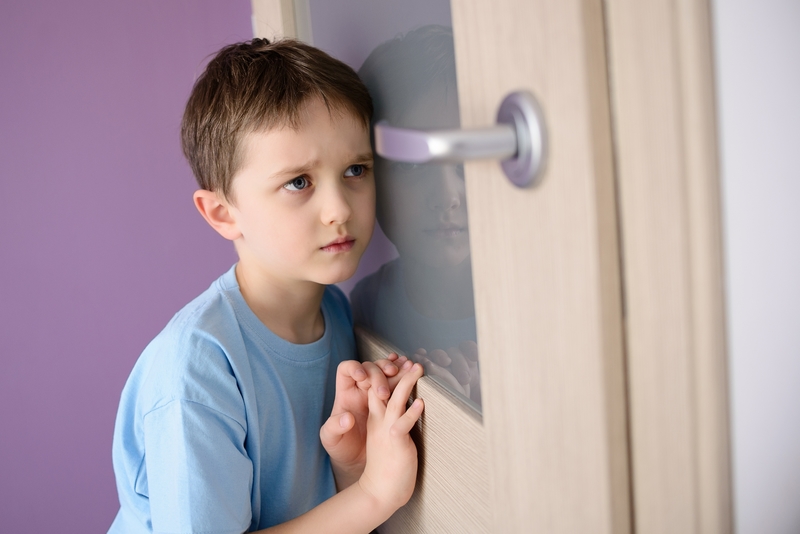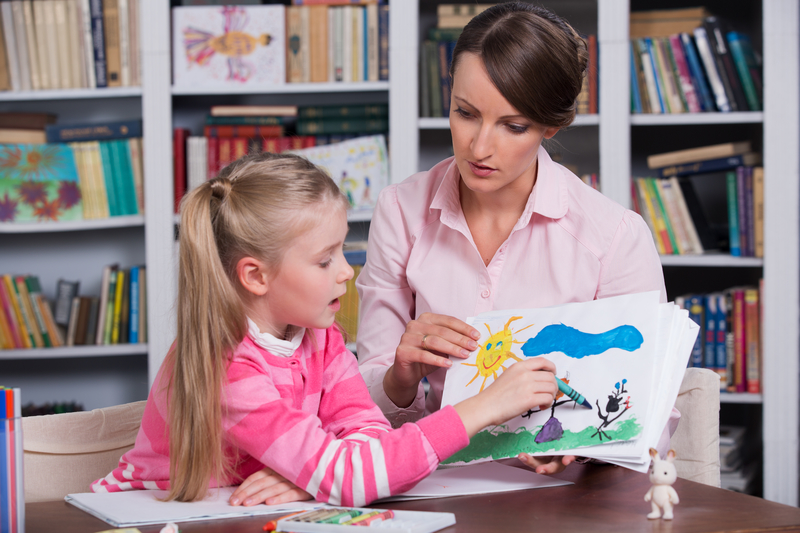Childhood Separation Anxiety: How Therapy Can Help You
Help Your Child Become An Expert On Anxiety

If a child is aware of his or her behavior, and that it is a common issue among other people, he or she can feel less alone in the struggle. By using the name, anxiety, to describe the physical and emotional feelings brought on by worry also makes learning about it easier. Experts suggest teaching children that anxiety is not dangerous, it is adaptive, and it is a part of life, but also it can become a problem if it becomes too much to handle in a healthy, positive way.
Create Your Child’s M.A.P.

A tool to implement in an anxious child’s life is a M.A.P. (My Anxiety Plan). It consists of activities and tools to cope with issues surrounding separation anxiety. Some of the common problems dealt with include avoidance, questioning what or who the ‘bully’ is, negative thoughts, sleeping alone, returning to school, and nightmares. In this activity, using small rewards and coping cards can be helpful.
